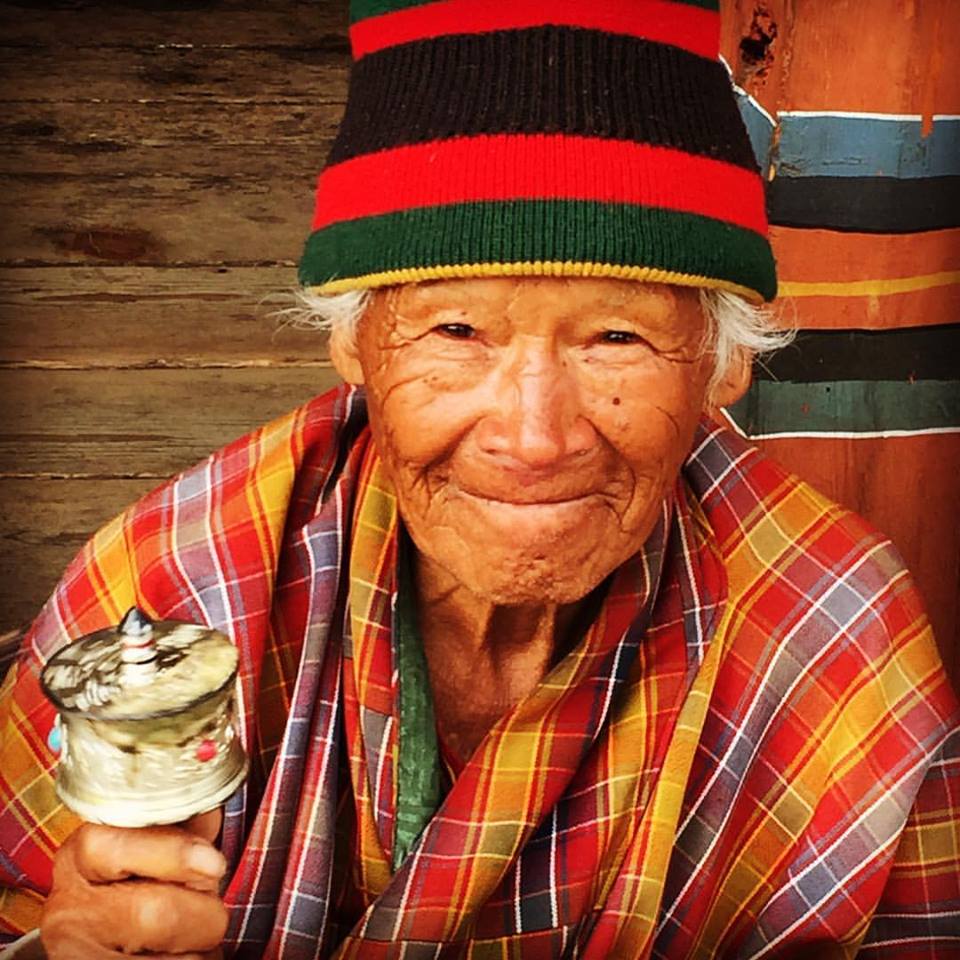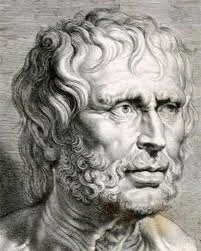Common sense that's not too common.
Bhutanese man at Buddhist monastery looking content.
The MyndFit programs are underpinned by Buddhist and Stoic philosophy because they have stood the test of time.They aren’t science based or “the latest research and evidence” as people seem to need these days, but they have held up against thousands of years of challenges and scrutiny.
Plus, it’s common sense. Well it’s sense, but it’s probably not that common.
I came across Buddhism and instantly felt a connection…it really resonated with me. I had already deconstructed and reconstructed myself after hitting rock bottom and found that I was already practicing much of what I was reading. I thought myself an “accidental Buddhist”.
A big part of what got me back on my feet was CBT (Cognitive Behaviour Therapy), the roots of which I went on to learn when I studied it are based in Buddhism and Stoicism.
Through my studies, I also learned the work of Dr William Glasser (who created Choice Theory and Reality Therapy), Dr Viktor Frankl (who devised Logotherapy after surviving the concentration camps of WWII) as well as other modalities like ACT (Acceptance & Commitment Therapy), NLP (Neuro-Linguistic Programming), Hypnotherapy and reflective counselling, all of which fundamentally speak of you being the creator of your happiness or misery.
This learning formed the foundation of how I now work and when combined with my lived experience, it makes sense that I’m all about helping people to step into their power and have a greater capacity to choose how they think, feel act and behave.
It’s about taking ownership and responsibility for your happiness…taking a proactive approach to ones health and wellbeing rather than just expecting that you “should” be happy. It’s unrealistic, irrational and unhealthy to do so.
Once upon a time I didn’t know how to manage my thoughts and emotional state - there was no ability for me to self regulate in any way so really, I was at the mercy of the world and just had to hope that I didn’t encounter any storms.
Not a very empowering way of living hey?
So along comes this little Indian bloke named Siddhartha (or more popularly know as Buddha, or the Enlightened One) who spoke of all this crazy shit like suffering, impermanence, acceptance etc.
Now I don’t class myself as “a Buddhist” as such because I still eat meat and drink alcohol on occasion. I can easily go without them and do so quite regularly, but at this stage of my life I still enjoy them sometimes.
But I do by and large follow much of the Buddha’s teaching and philosophies because it makes sense to me. After being through what I’ve been through, I now see how much of that could have been negated if I had more tools, knowledge and strategies to employ during those times.
Having learned the hard way, I now feel very fortunate to be in a position where I can pass on this information to other people with the aim of reducing what I believe to be unnecessary suffering.
(Side note: I sometimes experience internal conflict about this as without my suffering, I wouldn’t be able to do what I do today. I do however resolve that conflict when I look at the statistics on mental health, suicide, self harm, substance abuse and remember that there is definitely a need for this work, more now than ever perhaps.)
Stoicism is much the same - the great thinkers of the past were all into embracing death (impermanence) because once you can do that, then you can truly embrace life.
It seems a bit morbid or dark when you first encounter it but once you sit with it for awhile, it really makes sense. Nothing lasts forever and if we maintain an illusion that it does or an attachment to a belief that it should, then we are just setting ourselves up for a lot of suffering.
Below is the text from an Instagram post I wrote which really resonated with people so I thought I would share again from this platform for those not on social media or in touch with me there.
Ancient Greek philosopher Seneca
Anicca.
Ensō.
Impermanence.
Memento Mori.
Everything has an expiry date. If you don’t embrace that, you will continue to experience suffering.
Whatever it is that expires isn’t the cause of your suffering, it’s simply nature.
You’re attachment, need, desire and dependency is the root cause of the suffering.
You cannot change or alter universal laws. You can defy them for short periods perhaps, like gravity, but eventual they restore themselves.
You cannot alter the law of nature, that everything comes to an end, so what can you do?
Appreciate it while it’s here and be grateful for the chance to experience it.
When asked about the difference between like and love the Buddha said “If you like a flower, you will pick it. If you love a flower, you will water it and help it grow. He who understands this understands life.”
Accepting and embracing, or living within the law of nature will ease suffering.
But learning to detach from expectations of what we think should happen, letting go of desired outcomes and not holding onto things out of fear will truly set you free.
Stoic symbol for Memento Mori - “Remember that you will die.”




